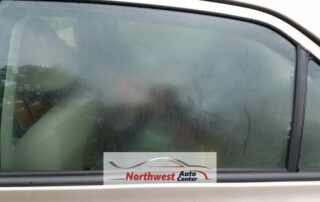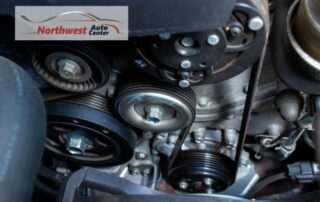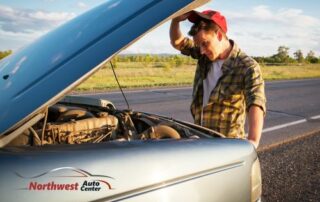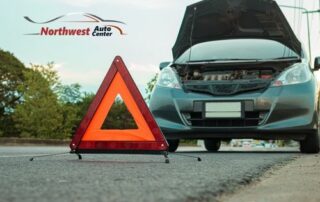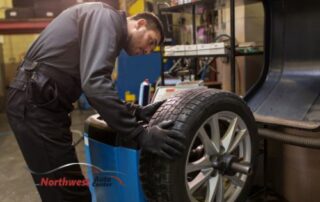Tips for Preventing Foggy Windows
Fogging up of vehicle windows is a common annoyance that can hinder visibility and compromise driving safety. This phenomenon occurs when there is a difference in temperature between the inside and outside of the vehicle, causing moisture to condense on the glass surfaces. For drivers in Texas, where the climate varies widely and humidity levels can be high, preventing fogging can feel like a losing battle. But it doesn’t have to be. Let’s dive into preventing foggy windows — even in Texas. Tips to Preventing Foggy Windows Use Air Conditioning Wisely Texans are no strangers to heat, and air conditioning is a vital tool for staying comfortable during scorching summers. However, when it comes to preventing foggy windows, using the air conditioning effectively is key. Set your A/C to the "Fresh Air" mode rather than "Recirculation mode," when initially using the a/c. After a few minutes, turn the a/c to the recirculation setting. By doing this, the a/c system removes a lot of moisture (humidity) out of the air [...]

